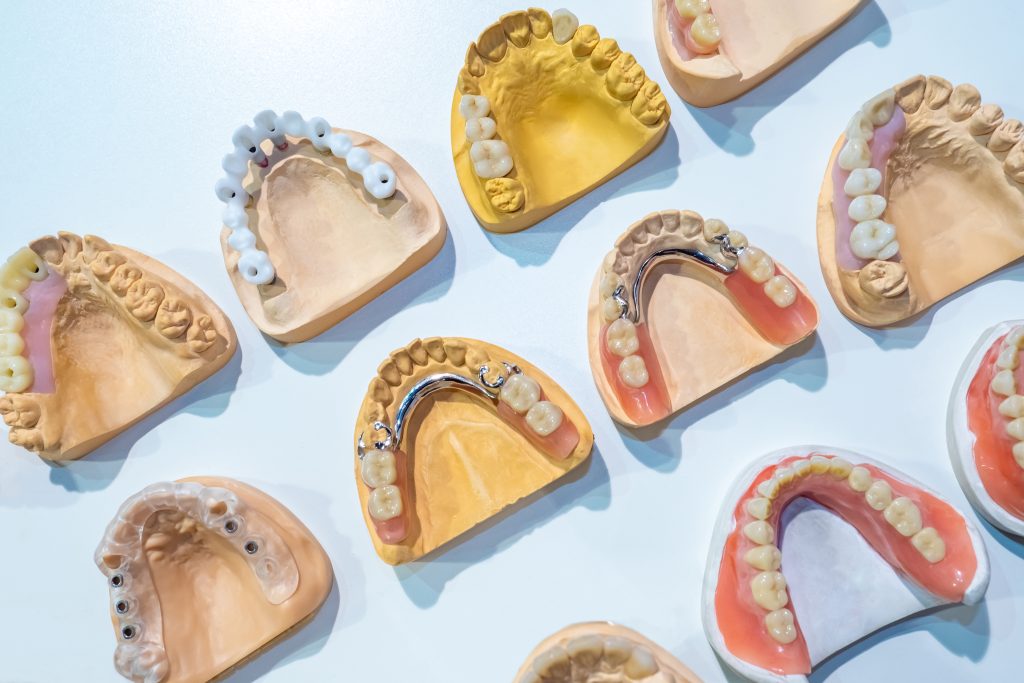Understanding Dental X-Rays
Understanding Dental X-Rays
Dental x-rays are crucial for maintaining your oral health. These radiographs, recommended by the American Dental Association, allow us to obtain images of your teeth, mouth, and jawbone, providing us with valuable information about your dental health. Through dental x-rays, we can identify dental problems that may not be visible to the naked eye, such as tooth decay, gum disease, and abnormalities in the jawbone. By regularly getting dental x-rays, we can catch potential issues before they become more serious problems. So, if you want to maintain a healthy smile, don’t forget the importance of dental x-rays. Come visit us at Park Street Dental and let us help you take care of your oral health.
What are Dental X-Rays?
We understand that maintaining your oral health is essential to your overall well-being. That’s why we want to emphasize the importance of dental x-rays in your dental care.
Dental x-rays, or radiographs, allow our dentists to evaluate your oral health in ways that are not visible to the naked eye. By capturing detailed images of your teeth, soft tissues, and jawbone, we can diagnose dental problems such as tooth decay, gum disease, and dental abnormalities. This information is crucial for effective treatment planning and ensuring that potential complications are identified early. If you’re a new patient, you’ll probably undergo dental X-rays so that your new dentist can get a clear picture of your dental health. This is especially important if you don’t have any X-rays from your previous dentist.
With advancements in dental imaging technology, such as computed tomography, we can obtain three-dimensional images of your teeth, jawbone, and surrounding structures. This enables us to make accurate diagnoses and create personalized treatment plans.
We understand that some patients may have concerns about the small amount of radiation involved in obtaining dental x-rays. However, we assure you that our equipment is regularly maintained and calibrated to minimize radiation exposure. Our priority is your safety and well-being.
So, we urge you to prioritize your oral health and schedule regular dental check-ups that include dental x-rays. By doing so, you can ensure that any potential dental problems are detected early and treated effectively. We are committed to providing you with the best possible dental care, and dental x-rays, which require no special preparation, are a crucial part of that care.
The Importance of Dental X-Rays
What can dental X-rays detect? These X-Rays help us detect any issues, such as gum disease and symptoms of oral disease, at an early stage, which is crucial for maintaining your oral health. They also provide us with a baseline for tracking any changes in your teeth and gums over time. By tailoring treatment plans to your individual needs, we ensure that you receive effective dental care. Trust us to take care of your oral health and book your next appointment with us today.
Different Types of Dental X-Rays
Intraoral X-Rays
These X-rays, which include bitewing, periapical, and occlusal X-rays, offer unique views of the teeth and are crucial for detecting cavities, assessing tooth root health, and evaluating the jawbone. By utilizing X-rays, our experienced dentists are able to diagnose dental problems and plan treatments to ensure optimal oral health. With the ability to examine the upper teeth, as well as supporting bone structures, including the lower jaw, X-rays are an indispensable tool in maintaining good dental health.
Extraoral X-Rays
These x-rays play a crucial role in diagnosing various dental issues and are essential in treatment planning for orthodontic procedures and oral surgery. Additionally, they help us evaluate impacted teeth and jaw disorders, enabling us to make more accurate assessments and gain insights into your overall oral health.
The Role of Dental X-Rays in Detecting Dental Issues
Detecting Tooth Decay with X-Rays
Our dentists use X-rays to detect tooth decay in hard-to-reach areas, allowing for early identification and minimally invasive treatment. By monitoring decay progression and restoration effectiveness through X-rays, we can ensure prompt decay management and preserve precious tooth structure. This proactive approach is crucial for preserving your oral health and preventing further damage. So, next time you visit us, don’t hesitate to discuss the importance of dental X-rays with our team.
How X-Rays Help in Identifying Wisdom Teeth Problems
We evaluate the growth and positioning of your wisdom teeth, uncovering any impaction, overcrowding, or alignment issues that may be affecting neighboring teeth. This allows us to develop effective treatment plans to address these concerns. Furthermore, X-rays provide us with valuable insights into the need for wisdom tooth extractions, enabling us to take a proactive approach to your oral healthcare management. Rest assured that we prioritize your safety and minimize radiation exposure during X-ray procedures. Let us help you achieve a healthy, confident smile.
Frequency of Dental X-Rays
How often do you really need dental x-rays? X-rays are done depending on individual oral health needs, age, symptoms, and history. New patients need X-rays to compare with future X-rays. Regular X-rays help dentists monitor oral changes and treatment progress. Dentists minimize radiation exposure by following safety guidelines.
Determining the Need for Full Mouth X-Rays
That’s why we at Park Street Dental often recommend full mouth x-rays as part of your treatment plan. Not only do these x-rays give us valuable insights into your oral health, they also allow us to detect issues that might not be visible to the naked eye. By identifying dental disease, cavities, implants, and abnormalities early on, we can provide you with comprehensive dental care that helps you avoid more serious problems down the line. Plus, x-rays can reveal cysts, abscesses, and jawbone irregularities that might go unnoticed otherwise.
Advancements in Dental X-Ray Technology
The latest dental technology has improved x-rays. Digital imaging makes them clearer and safer for patients. It also reduces radiation exposure and is more comfortable, especially for people with sensitive gag reflexes. With this innovation, patients can have a better experience at the dentist while protecting their oral health.
Transition to Digital X-Rays
At Park Street Dental, we made the conscious decision to switch to digital x-rays as part of our ongoing commitment to providing top-notch dental care to our patients. Our transition to digital x-rays, which began in 1988 with the introduction of the first film-like sensor, results in a 90 percent reduction in radiation compared to the conventional method. Thus resulting in better treatment planning and ultimately minimizing the risk of complications.We are proud to offer our patients this advanced technology.
At Park Street Dental, your safety is our top priority. If you are looking for a dentist who prioritizes your needs, please don’t hesitate to reach out to us for all your oral health requirements.




 Did you know 36% of the population suffers from dental-related anxieties? Sedation dentistry can help patients conquer their fears to enjoy their time in the dental chair. However, it can help patients with other unique situations, too. Even if your palms don’t sweat before your appointment, here are a few non-anxiety benefits of sedation dentistry.
Did you know 36% of the population suffers from dental-related anxieties? Sedation dentistry can help patients conquer their fears to enjoy their time in the dental chair. However, it can help patients with other unique situations, too. Even if your palms don’t sweat before your appointment, here are a few non-anxiety benefits of sedation dentistry. Bridges and dentures have been used for generations to
Bridges and dentures have been used for generations to 


